
Find Help
More Items From Ergsy search
-

What should I do if I receive an eviction notice from my landlord?
Relevance: 100%
-
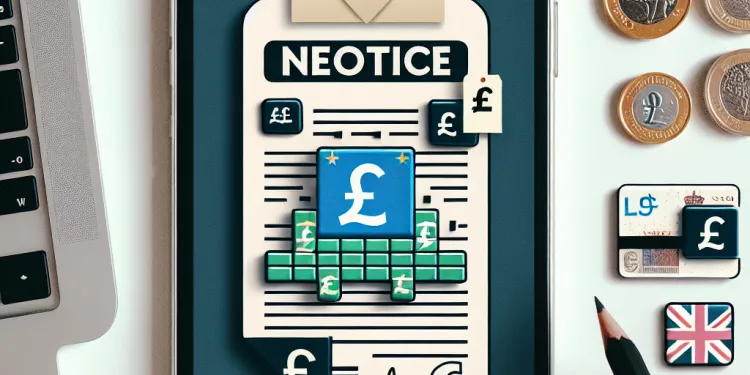
Has the notice period for eviction changed?
Relevance: 89%
-
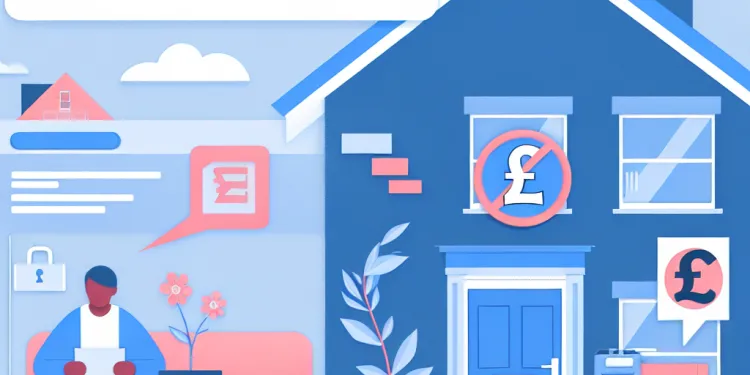
What can I do if my landlord wants to evict me?
Relevance: 87%
-

Can my landlord evict me without providing a reason?
Relevance: 86%
-

How long do I have to move out after receiving an eviction notice?
Relevance: 80%
-
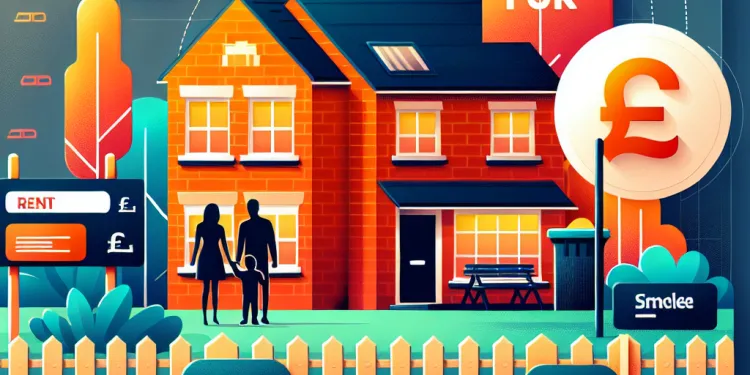
Can a landlord evict me for complaining about property conditions?
Relevance: 79%
-
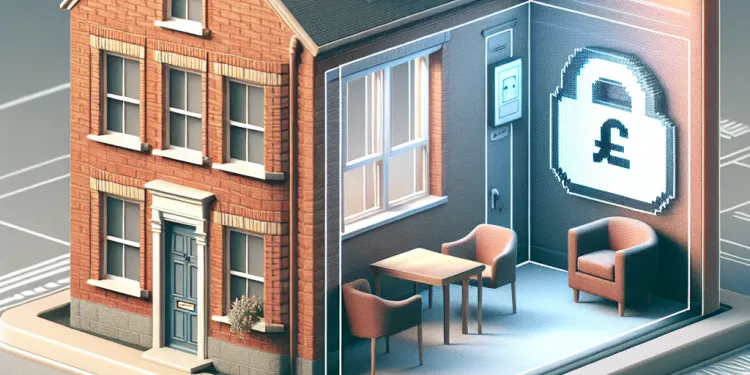
Can a landlord lock me out or remove my belongings to evict me?
Relevance: 78%
-
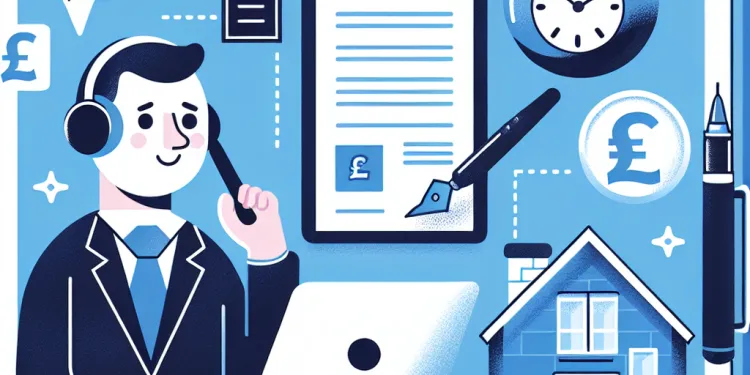
Can I negotiate with my landlord to avoid eviction?
Relevance: 77%
-
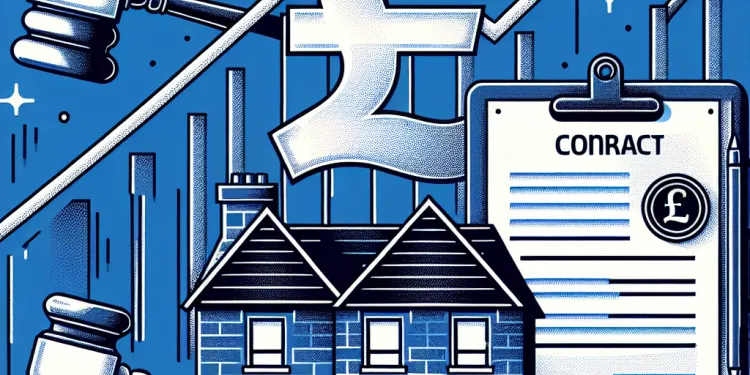
Are there changes to the eviction process?
Relevance: 69%
-

What are my rights during the eviction process?
Relevance: 69%
-
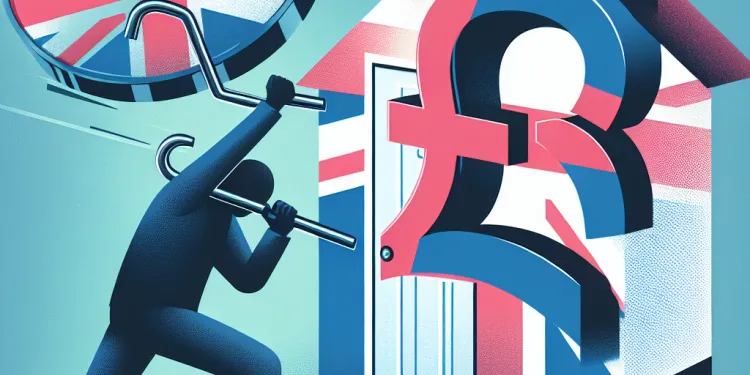
How can I contest or challenge the eviction?
Relevance: 68%
-
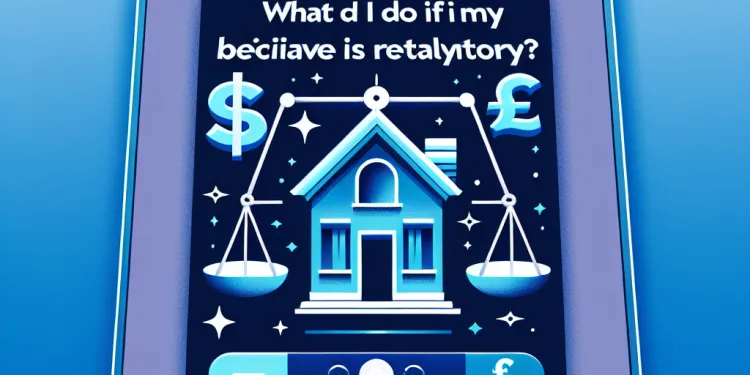
What can I do if I believe my eviction is retaliatory?
Relevance: 64%
-

Can I stop an eviction if I catch up on rent payments?
Relevance: 64%
-

How can I prepare for an eviction court hearing?
Relevance: 62%
-

Does filing for bankruptcy stop an eviction?
Relevance: 60%
-
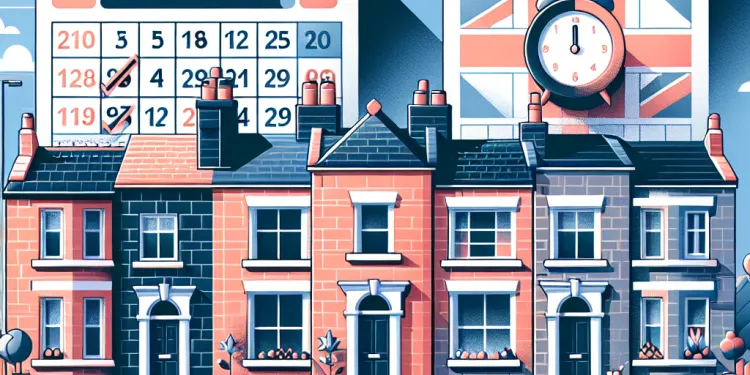
What happens if I stay beyond the eviction deadline?
Relevance: 58%
-
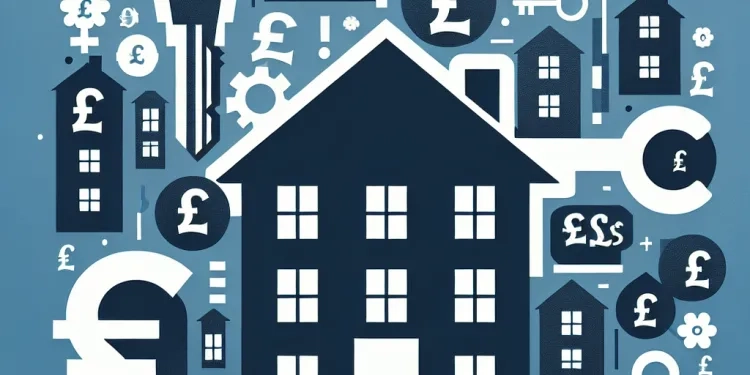
What are the consequences of having an eviction on my record?
Relevance: 58%
-

Can eviction affect my credit score?
Relevance: 55%
-
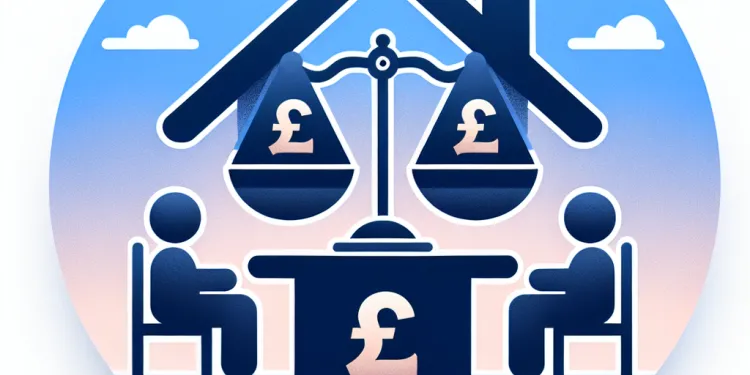
Is mediation an option to resolve eviction disputes?
Relevance: 53%
-

Are there any government programs that can help me avoid eviction?
Relevance: 51%
-
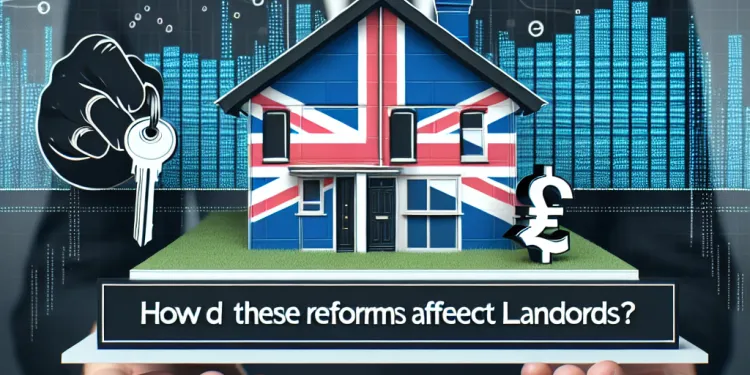
How do these reforms affect landlords?
Relevance: 51%
-
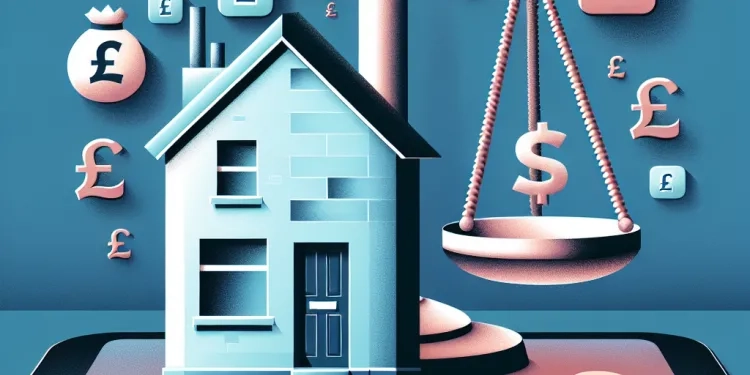
Can I appeal a court's eviction decision?
Relevance: 50%
-

What should I do if I can't afford a lawyer for the eviction process?
Relevance: 49%
-

How are disputes between landlords and tenants handled?
Relevance: 48%
-

How do I find alternative housing quickly if evicted?
Relevance: 48%
-
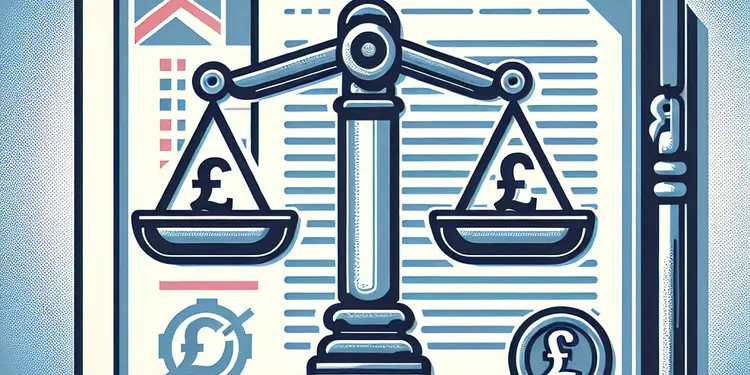
Landlord Licensing Laws Under Review as Tenants Call for Stronger Protections
Relevance: 44%
-
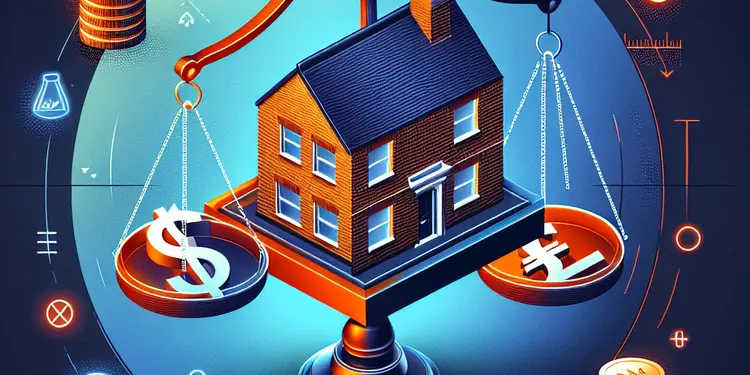
How are landlord-tenant issues resolved in property litigation?
Relevance: 41%
-

How will the cuts impact landlords?
Relevance: 40%
-

What new protections are included for tenants?
Relevance: 40%
-
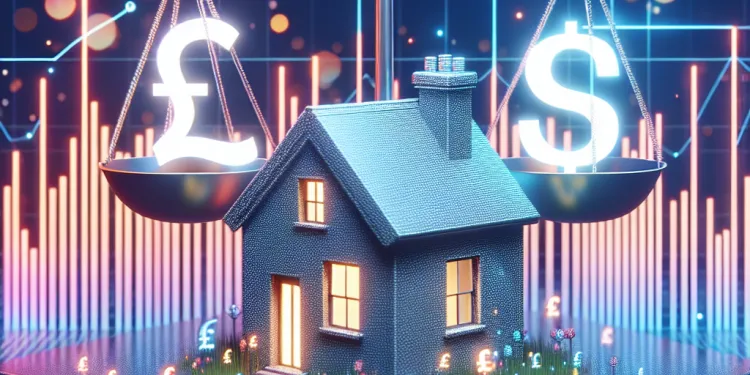
What are the new Tenancy Law Reforms in the UK in 2025?
Relevance: 38%
-
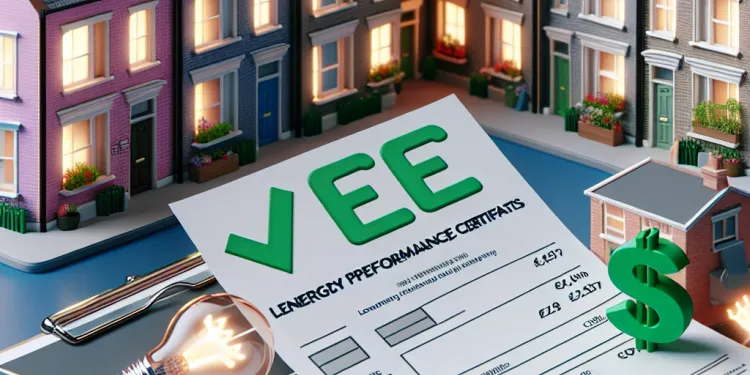
Are landlords required to provide energy performance certificates?
Relevance: 36%
-

What can tenants do if they are affected by the cuts?
Relevance: 36%
-
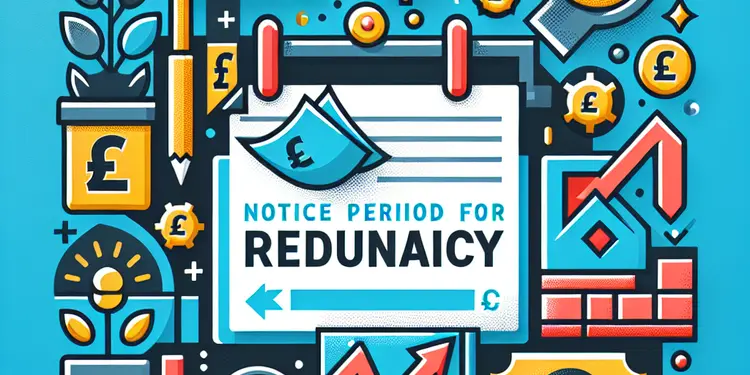
What is the notice period for redundancy?
Relevance: 34%
-

Watchdog Raises Concerns Over Commercial Landlord Regulations
Relevance: 34%
-

5 Broker Exclusive Buy to Let Mortgage Lenders you need to know about as a Landlord
Relevance: 32%
-
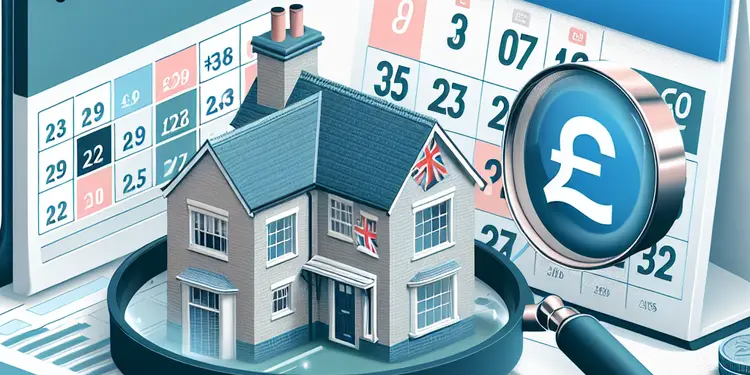
How much notice do I need to give to arrange a survey?
Relevance: 29%
-

How does the reform impact renting costs?
Relevance: 29%
-

How are rent increases regulated under the new law?
Relevance: 28%
-

What should I do if I notice changes during self-testing?
Relevance: 28%
-

What should I do if I notice suspicious login attempts?
Relevance: 27%
Understanding the Eviction Notice
If you receive an eviction notice from your landlord in the UK, it's essential to take it seriously and act promptly. An eviction notice is a formal legal document indicating the landlord's intention to reclaim possession of the property. Familiarize yourself with the type of notice you've received, as different notices apply to different situations. Common types include a Section 21 notice for no-fault evictions and a Section 8 notice where there are specific grounds for eviction, such as rent arrears or breaches of the tenancy agreement.
Review the Legality of the Notice
Ensure that the eviction notice you've received is valid. For a Section 21 notice, it must comply with requirements such as providing two months' notice and not being served within the first four months of the tenancy. For a Section 8 notice, the notice period depends on the grounds for eviction, and it should include specific reasons for eviction that align with those grounds. Ensure that your landlord has complied with their legal obligations, like protecting your deposit in a government-approved scheme and providing you with an up-to-date Energy Performance Certificate (EPC).
Seek Professional Advice
Consider seeking professional advice as soon as you receive an eviction notice. Contact organizations such as Shelter, Citizens Advice, or a local housing advisor for guidance specific to your situation. They can offer free confidential advice and help you understand your rights and responsibilities. If necessary, consult a solicitor to explore your legal options and prepare a defense if you believe the eviction is unfair or illegal.
Communicate with Your Landlord
Engage in dialogue with your landlord to discuss the situation. There might be a possibility to resolve issues amicably without proceeding to eviction. If rent arrears are the issue, you might be able to negotiate a payment plan to catch up on missed payments. Clear communication can often prevent the situation from escalating further.
Prepare for a Court Hearing
If the eviction proceeds to court, prepare thoroughly. Gather all relevant documents, such as the tenancy agreement, proof of rent payments, and any correspondence with your landlord. Attend the court hearing and present your case clearly. The court will decide whether the eviction should proceed or be suspended, based on the evidence presented and any defense you provide.
Explore Your Housing Options
If eviction seems inevitable, start exploring alternative housing options early. Consider registering with your local council as homeless to access housing support services. They can assist in finding temporary accommodation and provide guidance on obtaining a new home.
Conclusion
Receiving an eviction notice can be a challenging experience, but understanding your rights and taking proactive steps can help you navigate the process more effectively. Act quickly, seek professional advice, and communicate with your landlord to protect your interests and secure your housing situation.
Understanding the Eviction Notice
If your landlord in the UK gives you an eviction notice, it's important to take it seriously and do something quickly. An eviction notice is a paper saying the landlord wants you to leave your home. There are different types of notices for different reasons. One type is a Section 21 notice, which means you have to leave even if you did nothing wrong. Another is a Section 8 notice, which is because something happened, like not paying rent or breaking the rules of the tenancy.
Check if the Notice is Legal
Make sure the notice you got is correct. For a Section 21 notice, it should give you two months to leave and can't be given in the first four months of living there. For a Section 8 notice, the time you have to leave depends on why the notice was given. Your landlord must also follow the rules, like keeping your deposit safe with a special scheme and giving you a current Energy Performance Certificate (EPC).
Get Help from Professionals
Ask for help as soon as you get an eviction notice. You can talk to groups like Shelter, Citizens Advice, or a local housing advisor. They give free, private advice and tell you what you should do. You might also talk to a lawyer if you think the eviction isn't fair or legal.
Talk to Your Landlord
Try to speak with your landlord about the situation. You might solve the problem without going to court. If the problem is missed rent, you could ask to pay it back a little at a time. Talking can sometimes stop the situation from getting worse.
Get Ready for a Court Hearing
If you have to go to court, be ready. Collect important papers like your tenancy agreement, rent payment records, and letters to and from your landlord. Go to court and explain your side. The court will decide if the eviction will happen or not, based on what you show them.
Look for New Housing
If it looks like you'll have to leave, start looking for a new place to live. You can register with your local council as homeless to get help. They can help you find a temporary place to stay and give advice on finding a new home.
Conclusion
Getting an eviction notice can be scary, but you can handle it by knowing your rights and acting fast. Get advice, talk to your landlord, and do everything you can to protect your home.
Frequently Asked Questions
What is the first step I should take if I receive an eviction notice?
First, carefully read the eviction notice to understand the reason for eviction and any deadlines mentioned.
Should I contact my landlord after receiving an eviction notice?
Yes, try to communicate with your landlord to see if the issue can be resolved amicably.
Is the eviction notice legally valid?
Review the eviction notice to ensure it complies with your local tenant-landlord laws and consult a lawyer if uncertain.
Do I need legal representation after receiving an eviction notice?
Consider seeking legal advice, especially if you believe the eviction is unjust or if you plan to dispute it.
How do I respond to an eviction notice?
You should respond according to the instructions in the notice, and if required, file a response with the court.
Can I stop the eviction process once it has started?
Possibly, by addressing the cause of eviction or negotiating with your landlord, but it depends on the situation.
What are my rights as a tenant during the eviction process?
Your rights depend on local tenancy laws, but you typically have the right to a court hearing if you contest the eviction.
What happens if I ignore the eviction notice?
Ignoring an eviction notice can lead to a default judgment against you and may expedite the eviction process.
Can I contest an eviction notice?
Yes, you can contest an eviction in court if you believe it is unwarranted or illegal.
Where can I find legal assistance for an eviction notice?
You can contact local legal aid organizations, tenant rights groups, or hire a private attorney.
What documents should I gather after receiving an eviction notice?
Gather all relevant documents, such as your lease agreement, rent payment receipts, and any correspondence with your landlord.
What should I do if the eviction notice is due to unpaid rent?
Consider paying the overdue rent if possible, otherwise seek to negotiate a payment plan with your landlord.
How long do I have before I must leave after receiving an eviction notice?
The time frame depends on local laws and the specifics of your eviction notice, but it usually provides a period for compliance or vacating.
What defenses can I use against an eviction notice?
Defenses can include improper notice, landlord's failure to maintain the property, or proof of discrimination.
Can a landlord evict me without a court order?
Generally, no, a landlord cannot forcibly evict you without following the legal process which usually involves a court order.
What should I expect at the eviction hearing?
At the hearing, you and your landlord will present your cases, and the judge will decide whether the eviction will proceed.
Can mediation help in resolving the eviction dispute?
Yes, mediation can be a useful way to settle disputes between tenants and landlords amicably.
What should I do if I lose the eviction case in court?
Consider filing an appeal if you have legal grounds, or prepare to vacate the property by the court-ordered date.
Will an eviction affect my credit score?
An eviction itself may not appear on your credit report, but resulting unpaid rents or collections can negatively affect your score.
Can I be evicted during the COVID-19 pandemic?
Eviction regulations may have changed due to COVID-19, so check current local laws and any eviction moratoriums in place.
What should I do first if I get a letter saying I have to move out?
If you get a letter saying you have to move out of your home, do this:
1. Stay calm. It is important to stay relaxed.
2. Tell someone you trust. Talk to a friend, family member, or a helpful person.
3. Get help. Call or visit a local support service for advice. They can explain what to do next.
First, look at the eviction notice carefully. This paper tells you why you have to leave and when you have to leave. Make sure you understand it.
What should I do if my landlord says I have to move out?
If your landlord gives you a paper saying you have to move, you should talk to them. You can ask them why they want you to leave. It's good to know if there is something you can do to stay in your home.
If you do not understand the paper, ask someone you trust to help. You can also talk to a group that helps people with their homes. They can give you advice.
Yes, talk to your landlord to see if you can fix the problem nicely.
Is the eviction notice okay by law?
Look at the eviction letter to make sure it follows your area's rules for renters and landlords. If you're not sure, talk to a lawyer. They can help you understand.
Should I get a lawyer after getting a notice to move out?
Think about talking to a lawyer if you think being asked to leave is unfair. A lawyer can help if you want to challenge it. Talking to someone can make things clearer.
What should I do if I get a letter saying I have to move out?
You need to follow the steps in the letter you got. If the letter says so, you should also tell the court what you think.
Can I stop being made to leave my home after it starts?
You might stop being evicted by finding out why and talking to your landlord. It depends on what is happening.
What can I do if my landlord wants me to move out?
Here is some help if your landlord asks you to leave your home:
- You have a right to stay in your home until the court says you must leave.
- The landlord must give you a written notice first.
- You can go to court to explain why you should not have to move.
If you get a letter, do not worry. You can talk to someone who can help:
- Ask a friend or family member for advice.
- Speak to a lawyer for legal help.
- Contact a housing support service.
Your rights can be different depending on where you live. But usually, if you don't agree with being kicked out of your home, you have the right to go to court. This means you can talk to a judge about it.
What happens if I do not pay attention to the eviction notice?
If you ignore or do not do anything about the eviction notice, it could be serious. Here’s what might happen:
- You might have to leave your home.
- The people in charge might take you to court.
- It could cost you money.
Here are some things you can do:
- Talk to someone you trust, like a family member or friend.
- Call a lawyer for advice. Some places have free legal help.
- Speak with a support service that helps with housing issues.
If you get a notice to leave your home and you ignore it, a judge could decide you must leave without hearing your side. This means you might have to leave your home sooner.
Can I fight an eviction notice?
If you rent a place and your landlord tells you to leave, it's called an eviction notice. Sometimes, you might feel this isn't fair. It's important to know you can talk to someone about it.
Here’s what you can do:
- Ask a grown-up you trust for help.
- Talk to a lawyer or someone who knows about renting houses.
- Check if there are groups in your area that help people with housing problems.
Remember, you don’t have to do this alone. There are people who can help you understand what to do next.
Yes, you can tell a judge if you think you are being told to leave your home for a wrong reason.
Where can I get help with an eviction notice?
If you get a paper saying you have to leave your home, this is called an eviction notice. Here is how you can find help:
- Ask a lawyer: A lawyer knows the rules about leaving a home. They can tell you what to do next.
- Contact legal aid: Legal aid is an organization that helps people who cannot pay for a lawyer. They can give you advice and help you with your problem.
- Look for help online: Many websites have tips and advice for people with eviction notices.
- Talk to someone you trust: A family member, friend, or teacher might know someone who can help you.
Remember, you are not alone. It is important to talk to someone who knows what to do.
You can ask for help from local groups that help with legal problems, groups that protect people who rent homes, or you can pay a lawyer to help you.
What papers do I need to keep after getting an eviction notice?
If you get a paper telling you to leave your home, here are some important papers you should keep:
- A copy of the eviction notice: This is the paper that says you have to leave.
- Any letters or emails with your landlord: These can help show what you and your landlord talked about.
- Rent payment records: Keep any receipts or records that show you paid rent.
- Lease agreement: This is the paper you signed when you first moved in.
If you need help reading or understanding these papers, you can:
- Ask a friend or family member to help you read them.
- Use a computer or phone app that reads the papers out loud.
- Talk to someone who helps people with legal papers, like a lawyer.
Get all the important papers together. These include:
- Your lease paper - the paper you signed when you moved in.
- Your rent receipts - the papers that show you paid rent.
- Any letters or emails you have from your landlord.
You can also use a notebook to write down important dates and notes.
What do I do if I get a letter saying I must leave because I didn't pay rent?
If you get a letter saying you must move out because you didn't pay rent, here are some steps to help you:
- Stay Calm: Try not to worry too much. You can find help.
- Read the Letter: Look carefully at what the letter says. Make sure you understand it. You can ask someone you trust to help you read it.
- Ask for Help: Talk to someone who knows the law, like a housing advisor or a lawyer. They can give you advice.
- Talk to Your Landlord: See if you can make a plan to pay the rent you owe.
- Get Support: There are groups and services that can help you with money problems. You can look for local community services or charities.
Remember, it's important to ask for help if you need it. You don't have to do this alone.
If you can, pay the rent you owe. If you can't, talk to your landlord and see if you can make a plan to pay it back slowly.
How much time do I have to leave after getting an eviction notice?
An eviction notice is a paper that says you have to move out of your home.
When you get this paper, it is important to know how many days you have before you must leave.
You can ask someone you trust to help you understand this paper.
Tools like a calendar can help you count the days until you have to move out.
It's okay to ask for help to make a plan for what to do next.
The time you have before you must move out can be different. It depends on the rules where you live and your eviction notice. Usually, you have some time to follow the rules or move out.
How can I fight an eviction notice?
If you got a letter telling you to leave your home, don't worry. Here are some things you can do:
- Check if the letter is correct. Sometimes mistakes happen.
- See if you paid your rent. If you did, you can show proof.
- Look for any rules your landlord might have broken.
It's a good idea to talk to someone who knows about these things. You can ask a friend or call a help service. They can give you advice and support.
Here are some reasons you might use to defend yourself:
- The landlord did not give you the right notice.
- The landlord did not take care of the place like they should.
- The landlord treated you unfairly, like because of your race or disability.
Can my landlord make me leave without asking a court?
No, a landlord cannot make you leave your home without following the law. They need to get permission from a court first.
What will happen at the eviction hearing?
An eviction hearing is a meeting at a court. You go there if someone wants you to leave your home.
Here is what you can expect:
- You will meet a judge. The judge listens to both sides of the story.
- The person who wants you to leave will say why they think you should go.
- You can also tell the judge your side of the story.
- The judge will decide what happens next. You have to listen to what they say.
To prepare, you can:
- Bring any letters or papers about your home.
- Write down what you want to say. This helps you remember.
- Ask someone to come with you for support. This could be a friend or a helper.
It's good to stay calm and listen carefully.
At the meeting, you and your landlord will talk about what happened. The judge will listen and decide if you need to leave your home or not.
Can mediation help solve the fight about being made to leave a home?
Yes, mediation can help solve problems between renters and landlords in a friendly way.
What happens if I lose my home eviction case in court?
You might be able to ask the court to look at your case again if you have a good reason. If not, you will need to get ready to leave the property by the date the court says.
Will being kicked out of my home change my credit score?
Getting kicked out of a place you rent might not show up on your credit report. But if you didn't pay the rent you owed, that could hurt your credit score.
Can I lose my home during COVID-19?
Right now, can your landlord make you leave your home because of COVID-19? Let's find out!
Here’s how you can get help:
- Talk to someone: You can call a friend or family member for support.
- Write it down: Make a list of questions to ask someone who knows more about the rules.
- Ask for advice: Contact a group or service that helps people with house problems.
Stay informed and remember you're not alone. There are people and places that can help you understand what to do next.
Eviction rules might have changed because of COVID-19. Look at the latest rules where you live and see if there are any stops on evictions right now.
Useful Links
This website offers general information and is not a substitute for professional advice.
Always seek guidance from qualified professionals.
If you have any medical concerns or need urgent help, contact a healthcare professional or emergency services immediately.
Some of this content was generated with AI assistance. We’ve done our best to keep it accurate, helpful, and human-friendly.
- Ergsy carfully checks the information in the videos we provide here.
- Videos shown by Youtube after a video has completed, have NOT been reviewed by ERGSY.
- To view, click the arrow in centre of video.
- Most of the videos you find here will have subtitles and/or closed captions available.
- You may need to turn these on, and choose your preferred language.
- Go to the video you'd like to watch.
- If closed captions (CC) are available, settings will be visible on the bottom right of the video player.
- To turn on Captions, click settings .
- To turn off Captions, click settings again.
More Items From Ergsy search
-

What should I do if I receive an eviction notice from my landlord?
Relevance: 100%
-

Has the notice period for eviction changed?
Relevance: 89%
-

What can I do if my landlord wants to evict me?
Relevance: 87%
-

Can my landlord evict me without providing a reason?
Relevance: 86%
-

How long do I have to move out after receiving an eviction notice?
Relevance: 80%
-

Can a landlord evict me for complaining about property conditions?
Relevance: 79%
-

Can a landlord lock me out or remove my belongings to evict me?
Relevance: 78%
-

Can I negotiate with my landlord to avoid eviction?
Relevance: 77%
-

Are there changes to the eviction process?
Relevance: 69%
-

What are my rights during the eviction process?
Relevance: 69%
-

How can I contest or challenge the eviction?
Relevance: 68%
-

What can I do if I believe my eviction is retaliatory?
Relevance: 64%
-

Can I stop an eviction if I catch up on rent payments?
Relevance: 64%
-

How can I prepare for an eviction court hearing?
Relevance: 62%
-

Does filing for bankruptcy stop an eviction?
Relevance: 60%
-

What happens if I stay beyond the eviction deadline?
Relevance: 58%
-

What are the consequences of having an eviction on my record?
Relevance: 58%
-

Can eviction affect my credit score?
Relevance: 55%
-

Is mediation an option to resolve eviction disputes?
Relevance: 53%
-

Are there any government programs that can help me avoid eviction?
Relevance: 51%
-

How do these reforms affect landlords?
Relevance: 51%
-

Can I appeal a court's eviction decision?
Relevance: 50%
-

What should I do if I can't afford a lawyer for the eviction process?
Relevance: 49%
-

How are disputes between landlords and tenants handled?
Relevance: 48%
-

How do I find alternative housing quickly if evicted?
Relevance: 48%
-

Landlord Licensing Laws Under Review as Tenants Call for Stronger Protections
Relevance: 44%
-

How are landlord-tenant issues resolved in property litigation?
Relevance: 41%
-

How will the cuts impact landlords?
Relevance: 40%
-

What new protections are included for tenants?
Relevance: 40%
-

What are the new Tenancy Law Reforms in the UK in 2025?
Relevance: 38%
-

Are landlords required to provide energy performance certificates?
Relevance: 36%
-

What can tenants do if they are affected by the cuts?
Relevance: 36%
-

What is the notice period for redundancy?
Relevance: 34%
-

Watchdog Raises Concerns Over Commercial Landlord Regulations
Relevance: 34%
-

5 Broker Exclusive Buy to Let Mortgage Lenders you need to know about as a Landlord
Relevance: 32%
-

How much notice do I need to give to arrange a survey?
Relevance: 29%
-

How does the reform impact renting costs?
Relevance: 29%
-

How are rent increases regulated under the new law?
Relevance: 28%
-

What should I do if I notice changes during self-testing?
Relevance: 28%
-

What should I do if I notice suspicious login attempts?
Relevance: 27%


